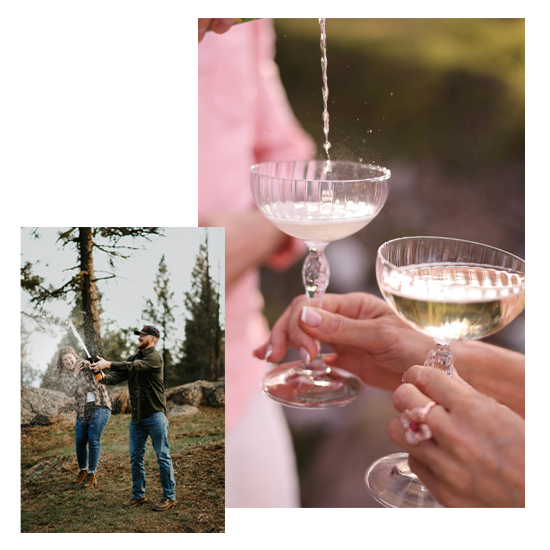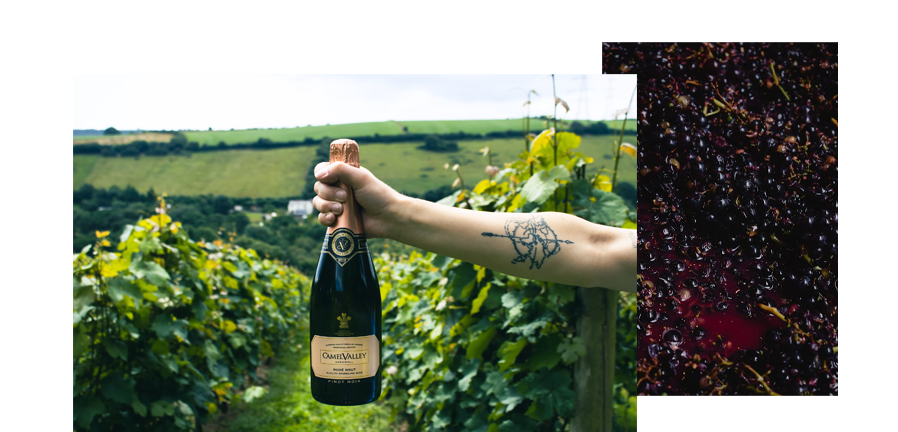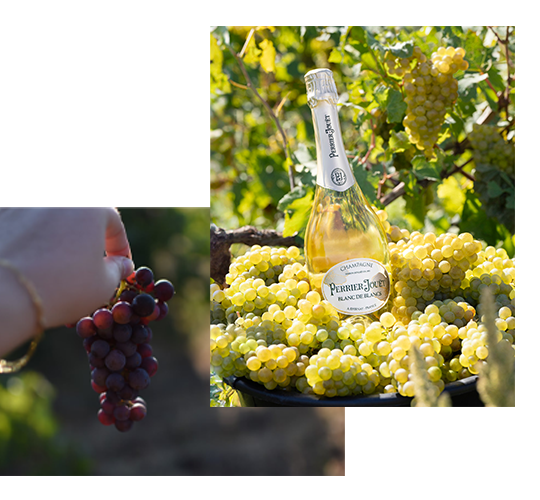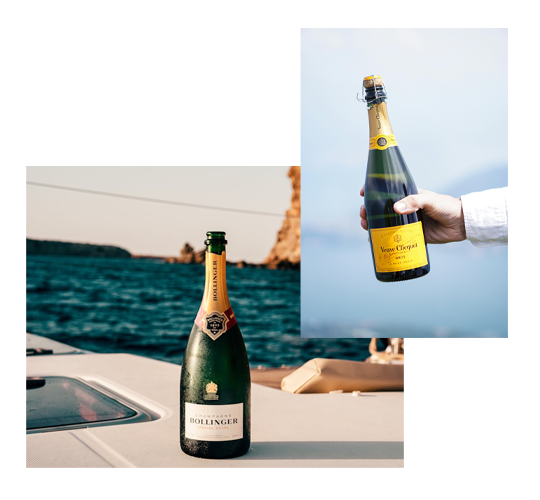
Sparkling wine
Introduction
Sparkling is synonymous with celebration, elegance and joy. When celebrating or having a drink with friends, knowing certain Sparkling wine terms can improve your experience.
Sparkling wines have specific words that explain the unique methods and styles that make each bottle special. Understanding these terms can help you enjoy the wine you're sipping on even more.
In this guide, we’ll explore the key terms that will help you navigate the world of sparkling wine with confidence, from the traditional methods of Champagne to the lively bubbles of Prosecco.
Get ready to expand your wine vocabulary and impress the very best at your next toast!
Methods and making
Methode Traditionnelle (Traditional Method)
Methode Traditionnelle is the classic method of producing sparkling wine, used in Champagne and other premium Sparkling wines. It involves a secondary fermentation in the bottle, where the wine develops its bubbles. This method is labour-intensive but results in complex, high-quality sparkling wines.
Dosage
After the secondary fermentation, a mixture of sugar and wine called ‘liqueur d’expedition’ is added to sparkling wine before final corking. The dosage determines the wine’s sweetness level, from Brut nature (no added sugar) to Doux (very sweet)
Riddling (Remuage)
This is a process used in traditional method sparkling wine production, riddling involves gradually tilting and rotating the bottles to collect sediment (dead yeast cells) near the bottleneck. This sediment is later removed during disgorgement, it’s a crucial step for ensuring the wine’s acidity.

Disgorgement
A process of removing the sediment from the bottle after the secondary fermentation and riddling. In traditional methods, the neck of the bottle is frozen and the sediment is ejected, leaving clear sparkling wine behind.
Tank Method
Unlike the traditional method, the tank method involves conducting the secondary fermentation in large stainless steel tanks rather than individual bottles. This method is quicker and less expensive, often used for Prosecco and other light, fruity and sparkling wines.
Autolysis
This is a breakdown of dead yeast cells (lees) during the ageing process, which releases the flavours and adds complexity to the wine. In sparkling wines made by traditional method, extended contact with the lees gives the wines its characteristic creamy texture and flavours brioche, toast and nuttiness.
Perlage
Perlage refers to the bubbles in sparkling wine. The quality of the perlage is often an indicator of the wine's quality. Fine, persistent bubbles are usually a sign of well-made sparkling wine, particularly those produced using the traditional method.

Sparkling Wine Styles
Blanc de Blancs
A sparkling wine made entirely made from white grapes, typically Chardonnay. Blanc de Blancs wines are often elegant, with high acidity and citrus flavours making them a popular choice for those who enjoy crisp and refreshing bubbles.
Blanc de Noirs
This is a sparkling wine made from dark-skinned grapes such as Pinot Noir or Pinot Meunier but without allowing the skins to impact the colour. Blanc de Noirs tend to be richer and fuller-bodied compared to Blanc de Blancs wines, often displaying red fruit flavours.
Brut
A term that describes the sweetness level of sparkling wine, specifically indicating a dry style with very little residual sugar. Brut is the most common style of sparkling wine, appealing to those who prefer a crisp, dry taste.
Cremant
A French term for sparkling wines made outside of the Champagne region but still produced using the traditional methods. Examples include remnant de Loire, Cremant de Bourgogn and Cremant d’Alsace. These wines often offer excellent quality at a lower price point.
Cuvee de Prestige
This refers to a producers top-tier sparkling wine, made from the best grapes and given the most care during production. Examples include Dom Perignon from Moet & Chandon and La Grande Dame from Veuve Clicquot. These wines are typically aged longer and offer more complexity and depth.
